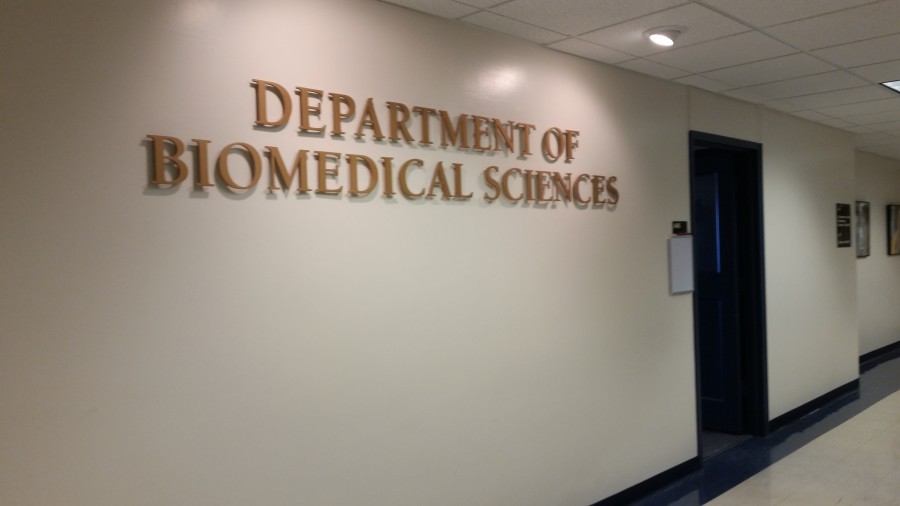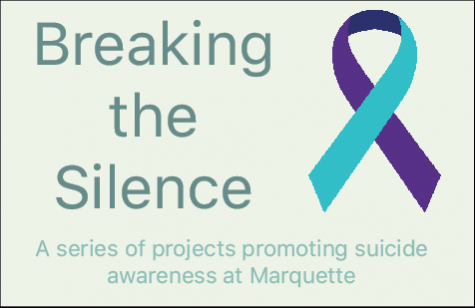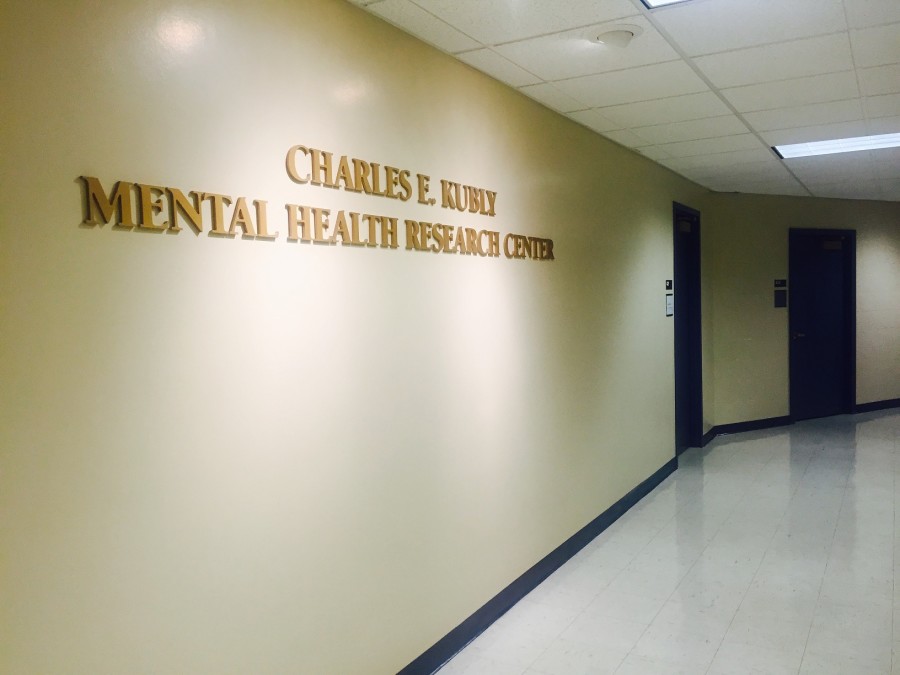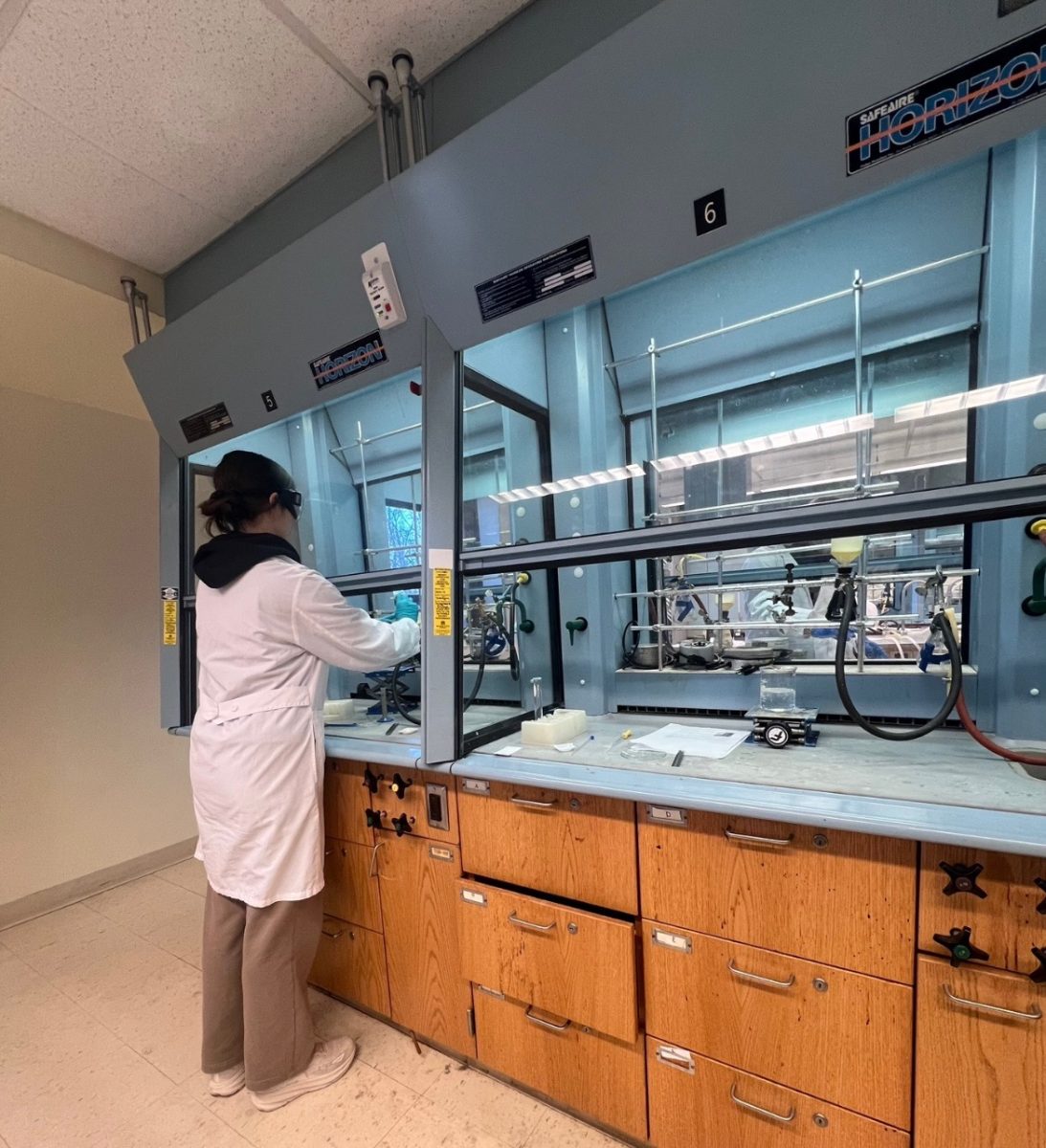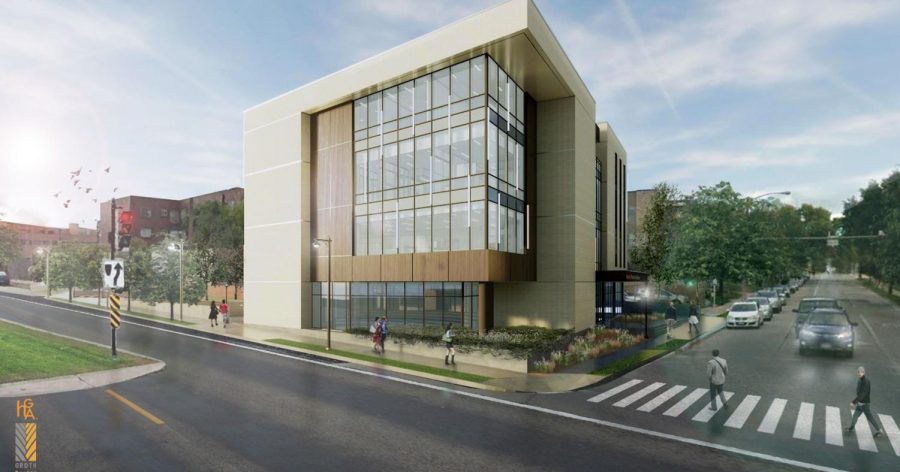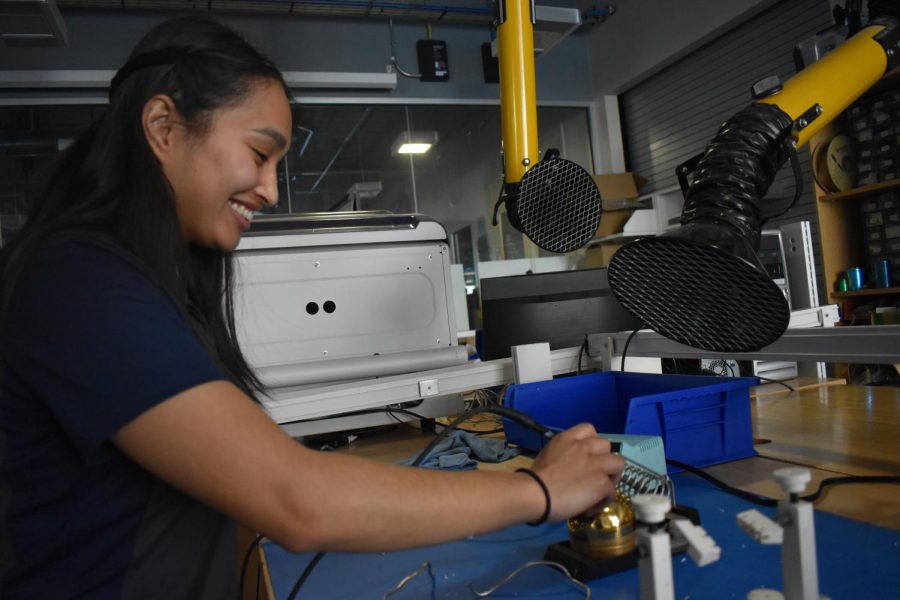A $5 million gift to Marquette’s College of Health Sciences will fund the creation of a new mental health research center to further neuroscience research on treatments for mental illnesses and to reduce the stigma surrounding them.
University President Michael Lovell announced the development of the Charles E. Kubly Research Center in his State of the University address last week. The gift was given by Michael and Billie Kubly, founders of the Charles E. Kubly Foundation, which began in 2003 to increase awareness and combat the stigma of depression and other mental disorders.
The center will be housed in the department of biomedical sciences. Researchers will work to develop faster treatments for mental illnesses and to explain their biological basis.
“Treatments do exist and are life-saving in many cases,” said William Cullinan, dean of the College of Health Sciences, in an email. “However, they do not work for all patients and generally take time (sometimes weeks) to exert their positive effects. The gift indicates the donors’ intent to invest in our research in order to accelerate the pace of discovery toward development of better, faster-acting and more effective treatments.”
In addition to enhancing the department’s research capability by funding advanced technology and labs, the gift will eventually create an endowed professorship in Charles Kubly’s name and attract professionals who are interested in the research of neuropsychiatric illnesses, increasing the prestige of Marquette’s neuroscience program.
“Not a lot of people within the university community recognize this, but Marquette actually has a stellar reputation within certain circles of the neuroscience community,” said David Baker, associate chair of the Department of Biomedical Sciences. “… Neuroscientists from other institutions that have visited almost uniformly come away very amazed by what has been built here.”
Baker, along with Department Chair John Mantsch, co-founded Promentis Pharmaceuticals Inc., one of two pharmaceutical start-up companies created by biomedical sciences faculty members in an effort to translate their findings into therapeutic treatments. Such advancements are the result of more than a decade of recruiting faculty members who are interested in researching the underlying neurological causes of mental disorders such as PTSD, depression and addiction. High levels of collaboration between these like-minded researchers is one factor that sets the department apart from universities across the country. Another is the program’s fit with Marquette’s mission.
“I think that the reason that this area of research has gotten so much traction at a place like Marquette is that it aligns very well with the mission of this university,” Mantsch said. “I think very often people see disparity between research endeavors and mission, but here we are in laboratories developing treatments for society’s most pressing issues and I think this is spot on for what research at a university like Marquette should be striving to do.”
Paul Gasser, an assistant professor in the department of biomedical sciences who will also do research in the Charles E. Kubly Research Center, said increased research capabilities will also translate to enhanced research opportunities for undergraduate students and also attract more prospective students. He said the collaboration with the Kubly family is an exciting prospect for neuroscience at Marquette.
“For us, who are in the lab focused on those problems … it’s exciting to start to think about helping to advocate as well,” Gasser said. “Helping to get out the news that these are disorders. These are diseases – they’re not a personal weakness in an individual – they’re things that are due to an organic difference in their brains. I think that does a lot to decrease the stigma.”

